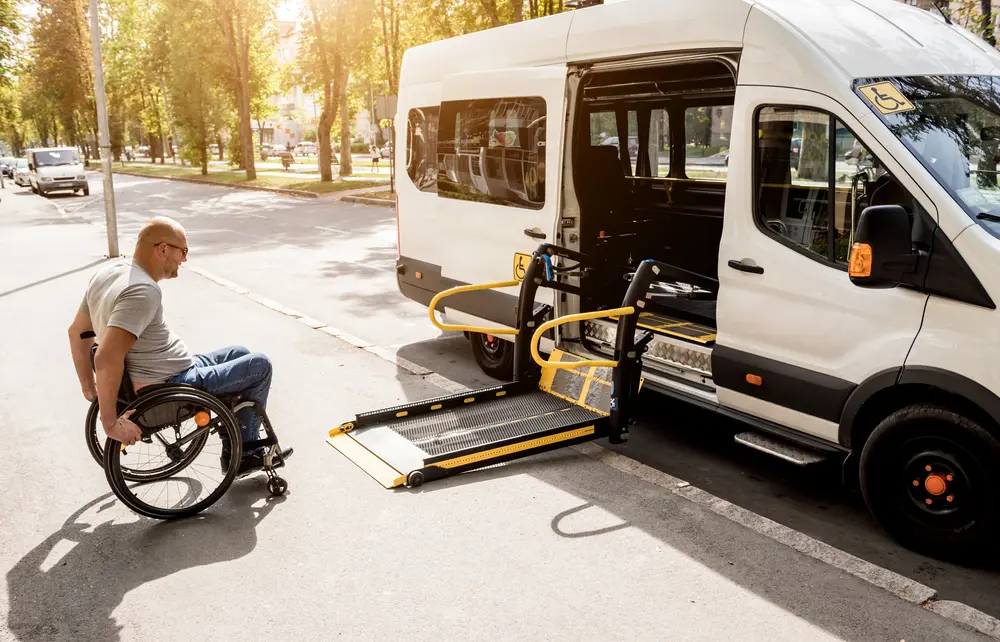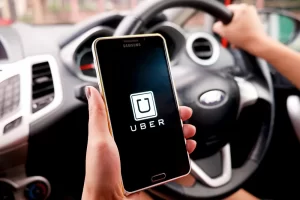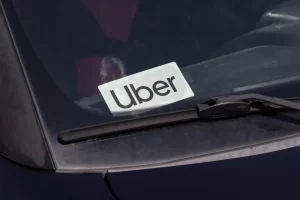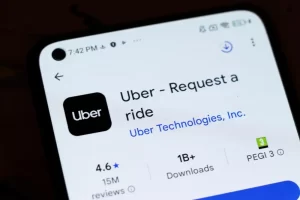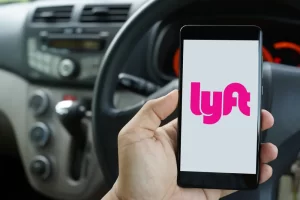The U.S. Department of Justice has filed a $125 million lawsuit against Uber Technologies Inc., accusing the rideshare giant of violating the Americans with Disabilities Act (ADA) by discriminating against passengers who use service animals and mobility devices. Filed in the U.S. District Court for the Northern District of California, the lawsuit alleges that Uber and its drivers have systematically denied rides to individuals with disabilities, imposed unfair surcharges, and failed to make reasonable accommodations in clear violation of Title III of the ADA.
According to the DOJ, blind riders with service animals and individuals using stowable wheelchairs have frequently faced ride denials, cancellation fees, and cleaning charges related to their disabilities. The complaint details instances in which passengers were left stranded in dangerous weather, missed medical appointments, or were forced to endure lengthy delays. It also alleges that Uber refused to adjust its policies to allow disabled passengers the option of sitting in the front seat when necessary for mobility reasons.
“For too long, blind riders have suffered repeated ride denials by Uber because they are traveling with a service dog,” said Harmeet K. Dhillon, the Assistant Attorney General for the Civil Rights Division. “This lawsuit seeks to end this persistent discrimination and allow riders with disabilities to use Uber.”
The complaint seeks both injunctive relief and monetary compensation. The DOJ is asking the court to order Uber to change its policies, train staff and drivers on ADA requirements, and pay damages to individuals who filed complaints of discrimination. A civil penalty is also being sought to address what the DOJ describes as a broader public interest in eliminating systemic disability discrimination.
What does this case have to do with the Uber sexual assault MDL? On the surface, nothing. But in a broader context, it reflects what plaintiffs in the sexual assault lawsuits have long argued: Uber puts profit and convenience ahead of rider safety, dignity, and legal rights. Whether failing to screen dangerous drivers or denying equal access to disabled riders, the common thread in both lawsuits is a corporate culture that prioritizes operational efficiency over basic human protections. Plaintiffs in the MDL and consolidated lawsuits in a California state court allege Uber ignored internal safety recommendations and underreported thousands of assaults in order to maintain growth. Now, the DOJ claims Uber has similarly ignored federal disability law at the expense of vulnerable users.
If you’re a survivor of sexual assault during an Uber ride, you’re not alone, and you may have legal options. Learn more about the lawsuits, your rights, and how to take action by visiting our dedicated page on Uber sexual assault lawsuits.
